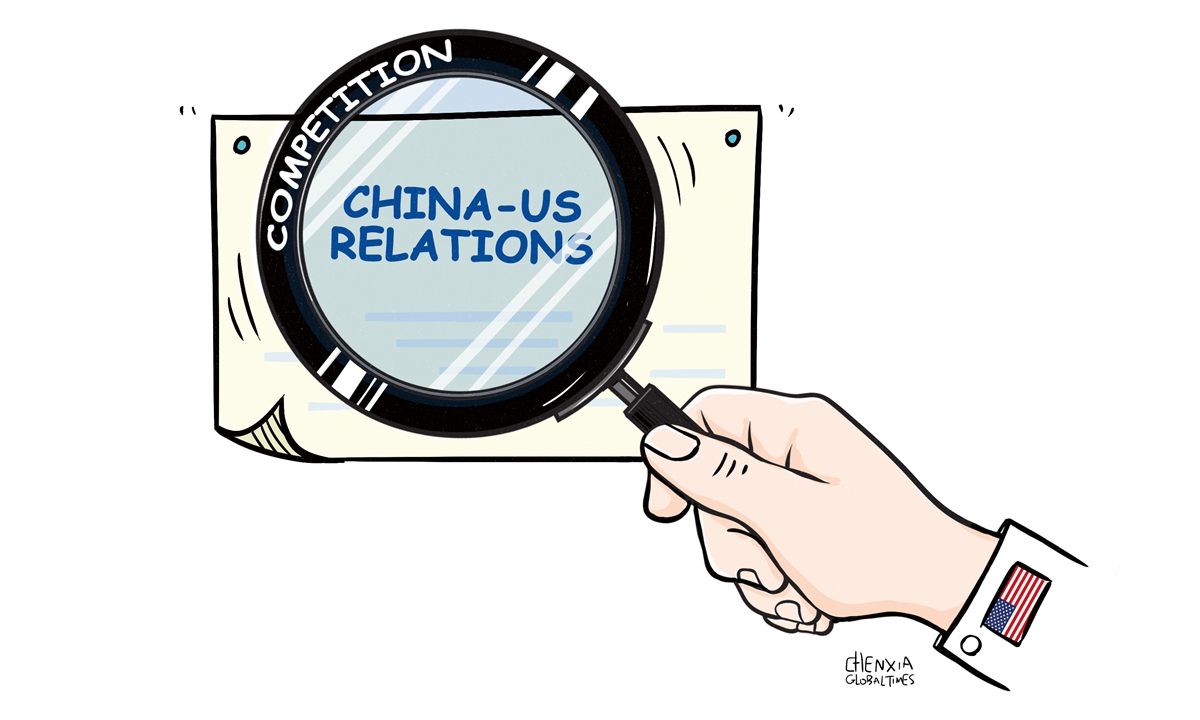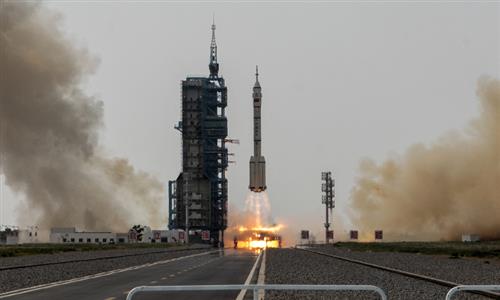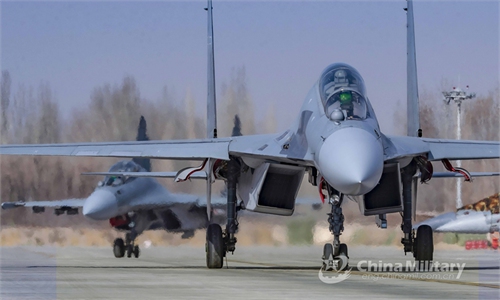
Illustration: Chen Xia/GT
Former US secretary of State Henry Kissinger celebrated his 100th birthday on May 27. In July 1971, Kissinger, then the president's assistant for national security affairs, made a secret visit to China and facilitated the "ice-breaking tour" to China by then president Richard Nixon in 1972. The world-shaking "handshake across the Pacific" directly contributed to the improvement of US-China relations and laid the foundation for the establishment of diplomatic relations between China and the US.For more than five decades since then, the "China School" has become an important group and an indispensable force in the development of US-China relations. However, due to the fierce partisan rivalry and the growing anti-China atmosphere in the US, the "China School" has become more and more silent nowadays.
Although this situation has been impacted by the COVID-19 pandemic, it has a lot to do with the political atmosphere in the US. In the past six years, China has been severely demonized by the US, with "trade war" and "technology war" launched in succession, China-US relations have continued to decline and even fall into a vicious downward spiral. On China-related issues, the atmosphere of a new "McCarthyism" has emerged in the US.
Not long ago, I tried to help a scholar from Shanghai to arrange a week-long visit at a university's school of international studies in Washington at our own expense. Surprisingly, there was no response from the university. This clearly reflects the mentality of the US side, who is worried about getting into trouble. Those who know well about China are less likely to express objective opinions. In this way, the formation of a realistic perception of China has been greatly hindered.
At the same time, a group of so-called "strategists" has emerged in the US. They don't speak Chinese, nor do they study China's domestic and foreign affairs, but rather derive everything from their belief in the political philosophy of great powers. They think they hold the "truth" and take it for granted that China is under their "control." In reality, their reasoning based on certain "theories" is nothing more than a distorted perception of China. This is reflected in the following misconceptions:
First, they claim China is a "revisionist" power. It is believed that China wants to change or even overthrow the existing international order out of dissatisfaction with the international status quo.
Second, they argue China wants to replace the US in the world. It is believed that China has a long-term (some even say "secret") strategic goal to eventually replace the US hegemony by improving its power.
Third, they claim China believes that the US is in decline. In this case, China is rising to fill the vacuum left by the US.
These seem to be the fundamental perceptions of current US policy toward China, yet they are all wrong. Without communication between the two sides, these misperceptions will be increasingly reinforced. Different levels and fields of mutual contact and communication can potentially influence each other, including the perceptions of individuals of China Schools, whose role may include, but is not limited to, the following aspects:
First, a more objective perception is needed. Since they relatively know well about China, their narratives of China will be more objective. It doesn't mean that we want them to merely say "good things" about China, but rather we want them to portray an objective image of China in the US. They are also welcome to point out the problems and shortcomings of China for its improvement.
Second, the bond of connection. The rampant talk of "decoupling" is a dangerous thinking in this age. This kind of dominating thinking could lead to a disconnection between China and the US in every respect. Such thinking and behavior are very harmful, and we should not let it dominate the current and future relations between the two countries. Maintaining contact and communication between the research communities of the two countries is one of the important parts.
Third, a channel of communication. In the past years, whenever difficulties and crises arise in US-China relations, institutions like the National Committee on US-China Relations would come into sight, whose role cannot be underestimated. The organization has a full-time staff team, with David Lampton, John Holden and Stephen Orlins serving as president in succession, and Vice President Jan Berris witnessing almost the entire course of US-China relations since Nixon's visit to China, reflecting to a large extent the continuity of the organization's work. The work conducted by the committee over the years all demonstrates the role that these individuals have played and can play.
All in all, we need to do our own things well, fostering an image of China that is trustworthy, lovable and respectable. By then, more and more foreign people will become friendlier to us.
The author is a professor of international politics at the Institute of International Studies. opinion@globaltimes.com.cn


